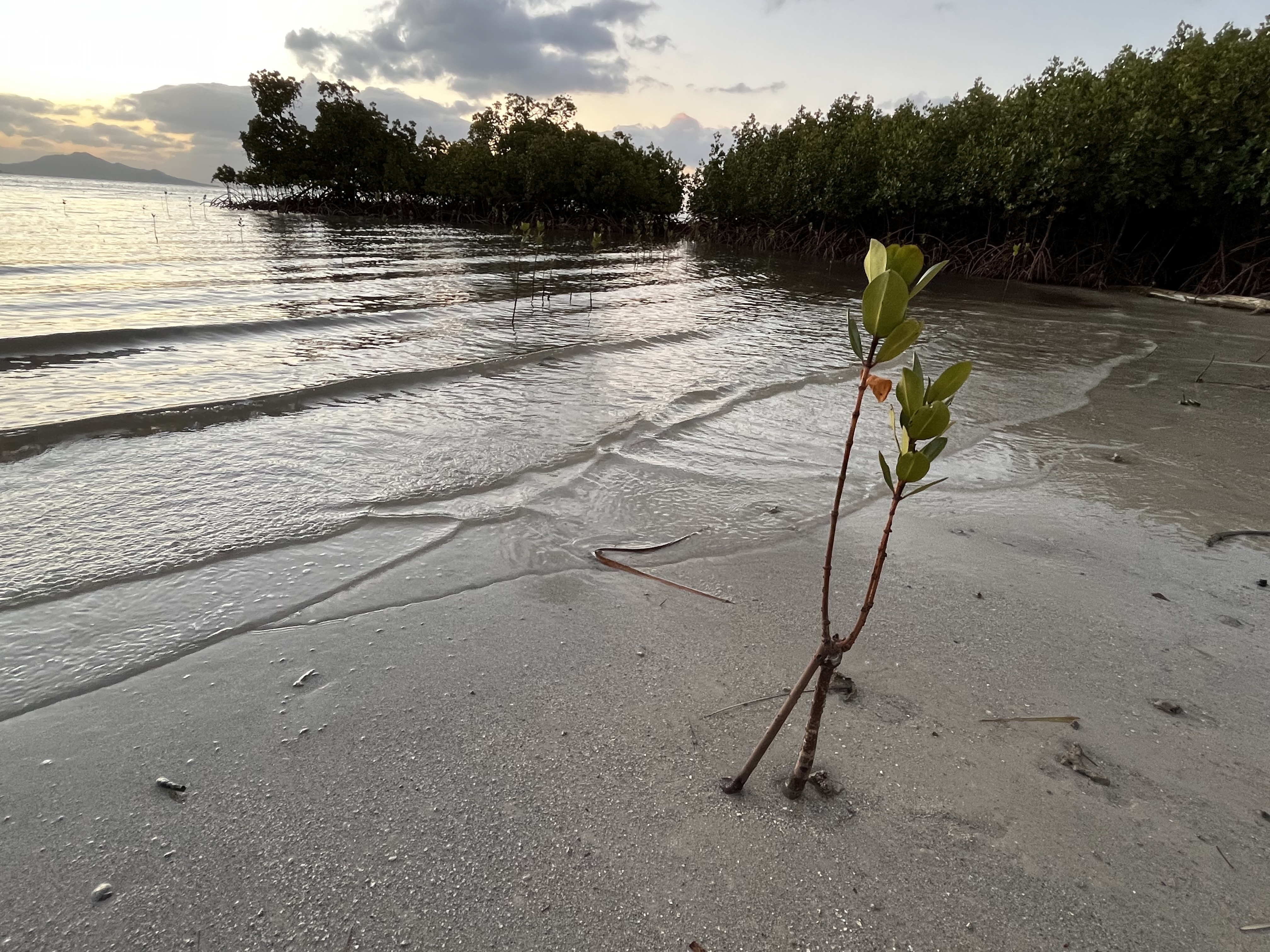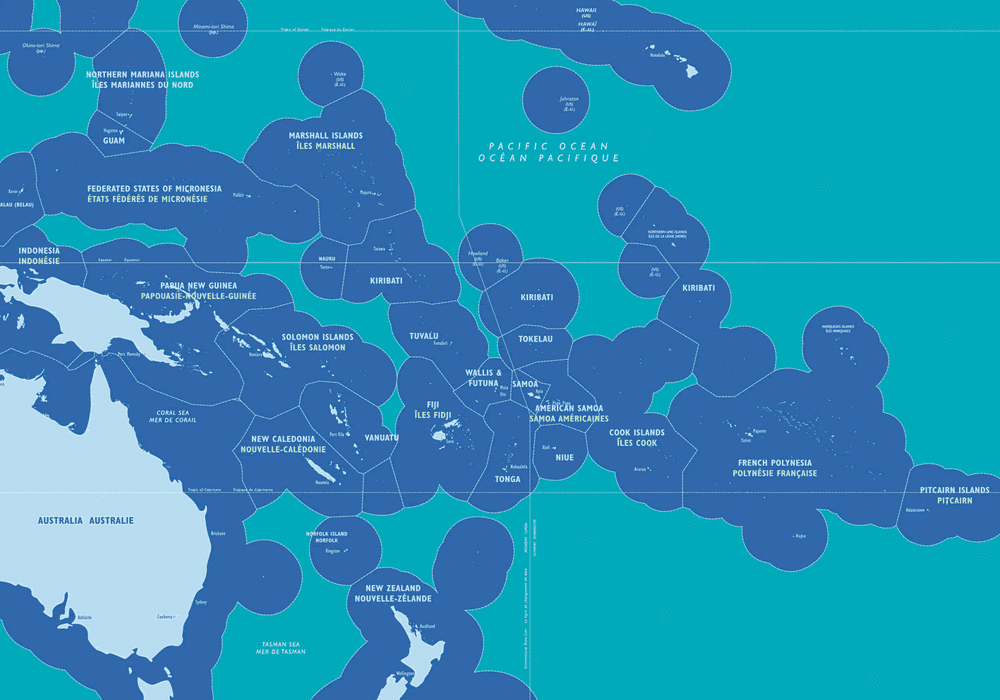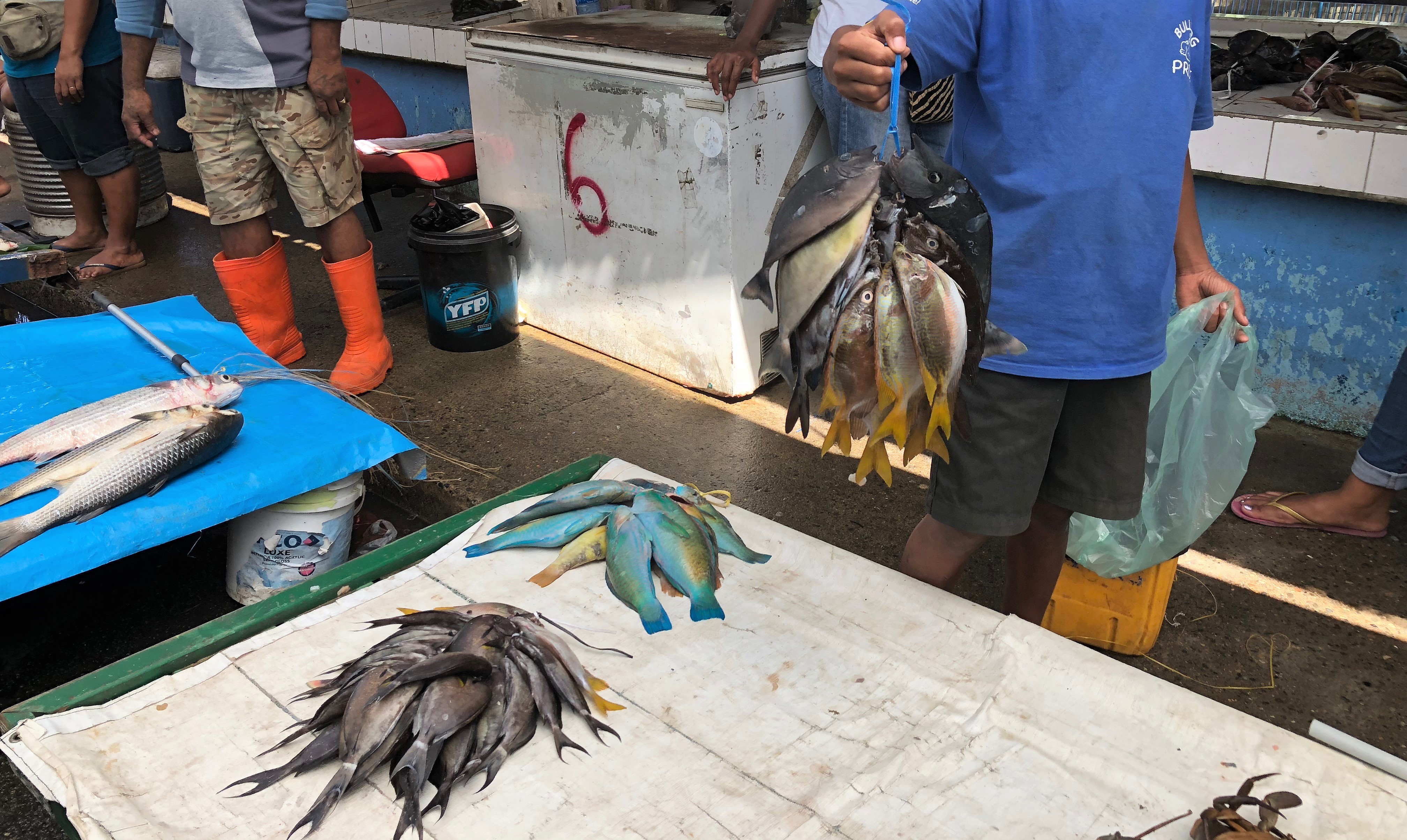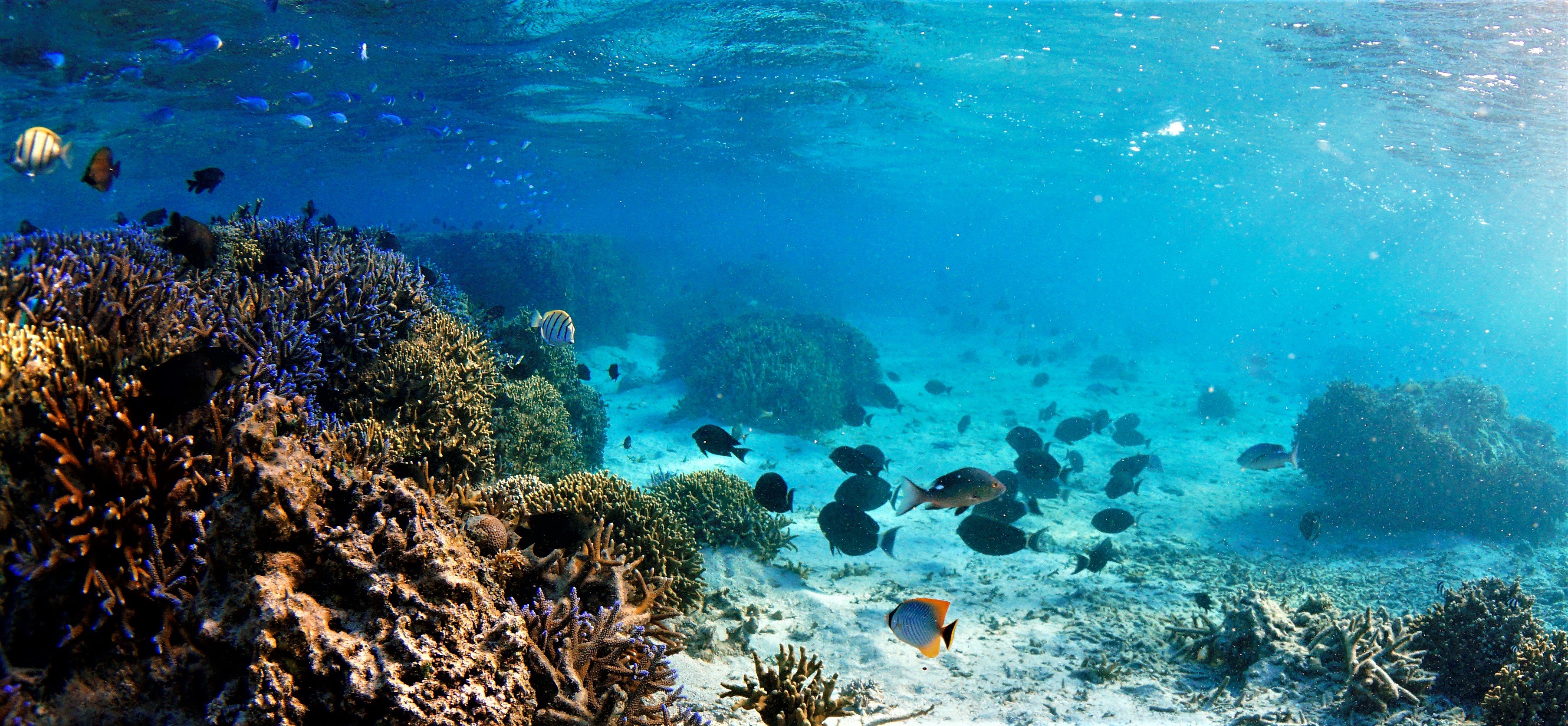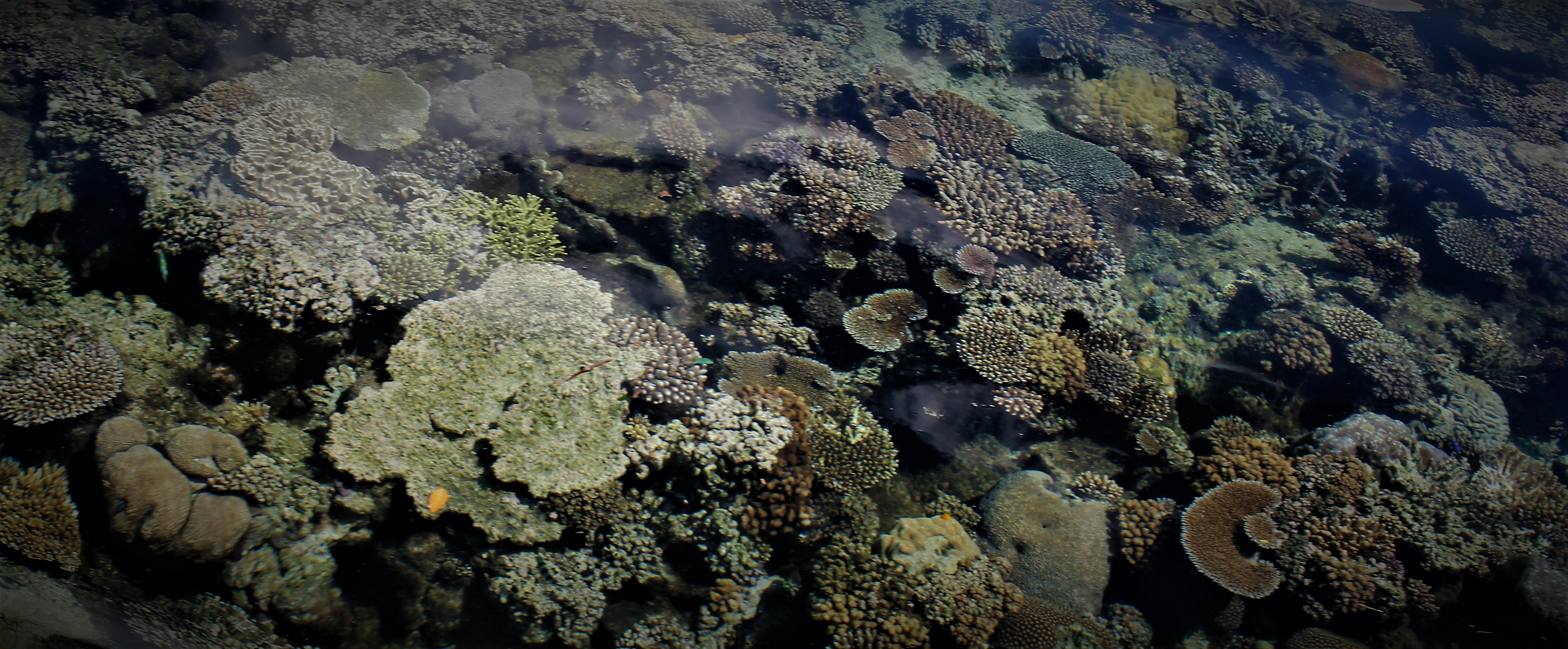Our valuable marine ecosystems are under threat for a variety of reasons that are well documented and include over-exploitation, pollution and climate change. It is also becoming increasingly understood that the survival of our own species is dependent on healthy ecosystems.
Marine conservation initiatives champion the conservation of marine ecosystems that support human well being. However, this is often against a backdrop of complex political, economic, social and governance regimes. Often the advocated solution for managing marine ecosystems will appear to be in direct conflict with existing user rights and commercial interests. The existing rights are not just commercial interests, but in Fiji and the Pacific also involve traditional rights holders, subsistence and artisanal fishers.
In a recent thought provoking and well timed academic article entitled An appeal for a code of conduct for marine conservation N.J. Bennett et al Marine Policy 81 (2017) 411-418, an impressive group comprising 25 academics and marine conservationists, make an appeal “for the development of a comprehensive and broadly accepted code of conduct to facilitate marine conservation processes and actions that are fair, just and accountable, while supporting the achievement of ecological effectiveness.”
In this bulletin we briefly consider how such a code may assist in Fiji’s legal and governance context, and how it could be implemented.




